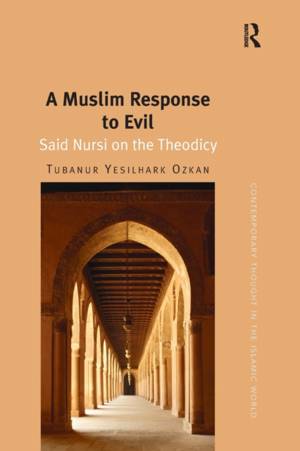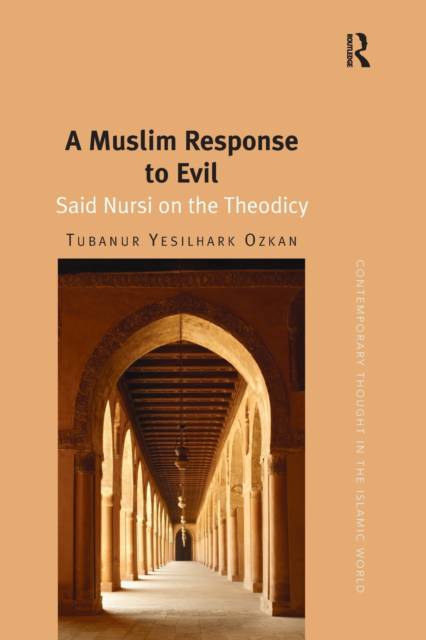
- Afhalen na 1 uur in een winkel met voorraad
- Gratis thuislevering in België vanaf € 30
- Ruim aanbod met 7 miljoen producten
- Afhalen na 1 uur in een winkel met voorraad
- Gratis thuislevering in België vanaf € 30
- Ruim aanbod met 7 miljoen producten
Zoeken
€ 102,45
+ 204 punten
Uitvoering
Omschrijving
While Christian approaches to the problem of evil have been much discussed, the issue of theodicy in Islam is relatively neglected. This book discusses possible solutions to theodicy and the problem of evil through the early philosophy and theology of Islam as well as through a semantic analysis of evil in the Qur'Ä n. Reflecting on Said Nursi's magnum opus, the Risale-i Nur Collection (Epistles of Light), Yesilhark Ozkan puts Nursi's theodicy into discourse with so called 'secular' theodicy or 'anthropodicy'. Her study offers a fascinating new perspective on the problem of evil for scholars of comparative religion, philosophy of religion, and Islamic thought.
Specificaties
Betrokkenen
- Auteur(s):
- Uitgeverij:
Inhoud
- Aantal bladzijden:
- 240
- Taal:
- Engels
- Reeks:
Eigenschappen
- Productcode (EAN):
- 9781138592421
- Verschijningsdatum:
- 13/04/2018
- Uitvoering:
- Paperback
- Formaat:
- Trade paperback (VS)
- Afmetingen:
- 156 mm x 234 mm
- Gewicht:
- 344 g

Alleen bij Standaard Boekhandel
+ 204 punten op je klantenkaart van Standaard Boekhandel
Beoordelingen
We publiceren alleen reviews die voldoen aan de voorwaarden voor reviews. Bekijk onze voorwaarden voor reviews.







